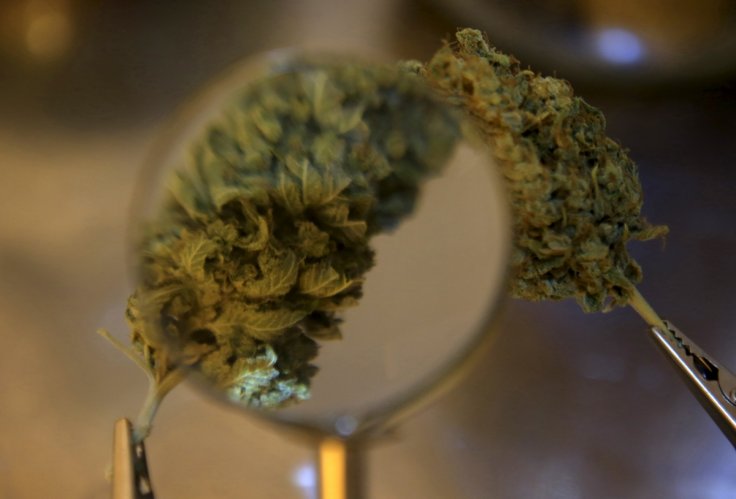
There is no justification for the use of cannabis in treating mental health disorders, including depression and anxiety, due to poor evidence that CBD works or is safe, according to a new study that examined data for over 40 years. The study suggested that the risks of taking cannabis outweighed the benefits even as it was being administered to mental health patients in Australia, the US, and Canada.
Medicinal cannabinoids include cannabis and pharmaceutical cannabinoids, including their synthetic derivatives such as THC or delta-9-tetrahydrocannabinol — the main psychoactive ingredient of cannabis — and cannabidiol or CBD. The researchers in their trial on 3,000 people, examined the effect of medicinal cannabinoids in patients with depression, anxiety, attention-deficit hyperactivity disorder (ADHD), Tourette syndrome, post-traumatic stress disorder (PTSD), and psychosis but concluded that the evidence of a positive effect was sparse compared with placebo.
According to lead author and Professor Louisa Degenhardt of the National Drug and Alcohol Research Centre at University of New South Wales (UNSW) in Sydney, the findings have implications in countries where medical use of marijuana is allowed so that clinical guidelines can be drawn up around their use in mental health disorders. "In countries where medicinal cannabinoids are already legal, doctors and patients must be aware of the limitations of existing evidence and their risks, and these pieces of evidence must be weighed when considering use to treat symptoms of common mental health disorders," he said.
The study published in the journal Lancet Psychiatry, suggested that there was "low-quality evidence" that THC, one of the derivatives of cannabis, helped people with multiple sclerosis or chronic pain, but cannabis use increased the occurrence of depression, anxiety, and psychotic symptom. The study also found that smoked cannabis increased the risk of acute psychotic symptoms, and young adults were more likely to become dependent if they used cannabis daily over a long period of time.
Deepak Cyril D'Souza of Yale University School of Medicine in Connecticut said cannabinoids should first be tested in randomized controlled trials and subjected to the same regulatory approval process as other prescription medications if they were to be used in the treatment of psychiatric disorders.









